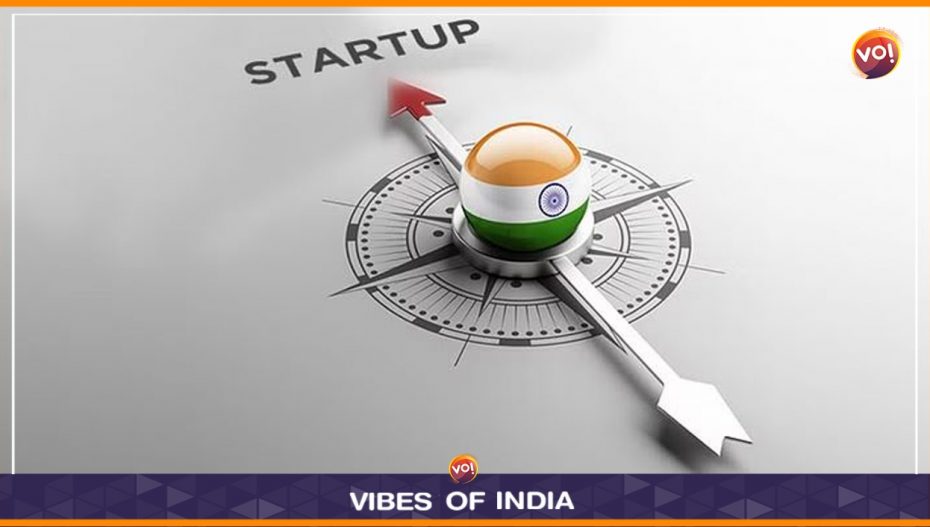India is known as a hub for startups, and government initiatives like these encourage innovation in all industries. Every year on January 16, the country celebrates National Startup Day. Prime Minister Narendra Modi made this announcement in 2021 in order to help spread the startup culture to the grassroots level. The Department for Promotion of Industry and Internal Trade and the Ministry of Commerce and Industry have designated January 10 to 16 as National Startup Week. Startup India Innovation Week 2023 will feature knowledge-sharing sessions for entrepreneurs, aspiring entrepreneurs, and other enablers, as well as participation from key stakeholders in the startup ecosystem such as government officials, incubators, corporations, and investors.
What are startups?
Startups are young businesses that are formed to create a one-of-a-kind product or service, bring it to market, and make it irresistible and irreplaceable to customers. A startup, rooted in innovation, aims to improve existing products or create entirely new categories of goods and services, disrupting entrenched ways of thinking and doing business for entire industries. As a result, many startups are referred to as “disruptors” in their respective industries.
How do startups work?
A startup operates similarly to any other business. A group of employees collaborate to develop a product that customers will purchase. What differentiates a startup from other businesses is how it goes about doing so. Regular businesses simply repeat what has already been done. For example, a potential restaurant owner may choose to franchise an existing restaurant. That is, they work from a pre-existing template of how a business should operate.
A startup’s goal is to develop an entirely new template. In the food industry, this could mean offering meal kits, which provide the same thing as restaurants, a chef-prepared meal, but with the convenience and variety that sit-down restaurants cannot match. As a result, this provides a scale that individual restaurants cannot match: Instead of thousands, there are tens of millions of potential customers.
Another important factor that distinguishes startups from other businesses is their speed and growth. Startups aim to build quickly on ideas. They frequently do this through a process known as iteration, in which they continuously improve products based on feedback and usage data. A startup will frequently start with a basic skeleton of a product known as a minimal viable product (MVP), which includes testing and revising until it is ready to go to market.
Startups are generally looking to rapidly expand their customer bases while improving their products. This allows them to establish larger market shares, which allows them to raise more money, which allows them to expand their products and audience even further.
All of this rapid growth and innovation is usually, either implicitly or explicitly, in the service of a larger goal: going public. When a company opens itself up to public investment, it opens the door for early investors to cash out and reap their rewards, a concept known as an “exit” in startup parlance.
Change in the Indian startup system:
Over the last several decades, the rise of the startup culture has been an intriguing phenomenon to observe all over the world. The traditional corporate structure dominated business for much of the twentieth century. Large, hierarchical organisations with a top-down management approach characterised this structure. However, while this model had benefits such as stability and predictability, it lacked dynamism and innovation.
This started to change in the late 1970s and early 1980s. A new generation of entrepreneurs emerged, led by new values and ideals. Rather than trying to fit into the existing corporate structure, these entrepreneurs sought to challenge it. They embraced risk and disruption in order to create something entirely new. This was the beginning of the startup culture.
The story of Indian startups is not limited to the twenty-first century. In fact, it started more than four decades ago. Throughout the 1980s, a few forerunner IT service firms such as TCS, Infosys, and Wipro firmly established India on the global economic map. These companies invested in technology and took advantage of the country’s young, English-speaking workforce to provide cost-effective technology services to clients all over the world.
As a result, the industry now employs nearly four million people and generates $150 billion in revenue. The 1990s saw the launch of Airtel, as well as ICICI, HDFC, and Axis banks, all of which went on to rank among India’s top ten banks. Entrepreneurship and trade have flourished in India for centuries, as they have in most ancient economies and cultures. Many Indian communities are culturally regarded as entrepreneurial and risk-takers. Indian traders have historically travelled to Egypt, Bahrain, Vietnam, and Burma (Myanmar), among other places.
In the present day, India has seen a significant increase in both the number and diversity of startups. Over the last ten years, India has become one of the world’s top five startup ecosystems, alongside the United States, China, the United Kingdom, and Israel. According to reports, the recent expansion of the Indian startup ecosystem is the result of a confluence of several factors. On the demand side, smartphone proliferation has resulted in a massive increase in the number of consumers going online. The sheer number of these people, combined with their rising income levels and desire for consumption, make them a highly appealing captive consumer base. Finally, large capital inflows from global investors have helped to fuel our country’s entrepreneurial spirit.
Also Read: Shark Tank India S2: Entrepreneur Alleges Online Harassment After Episode Airing












